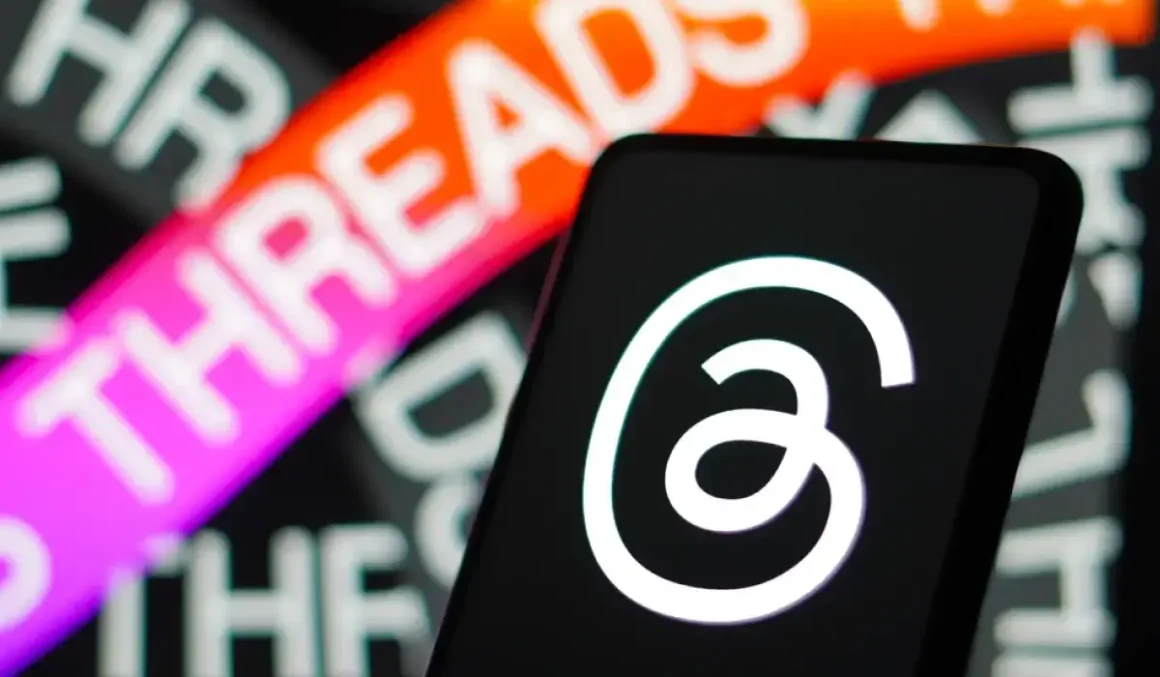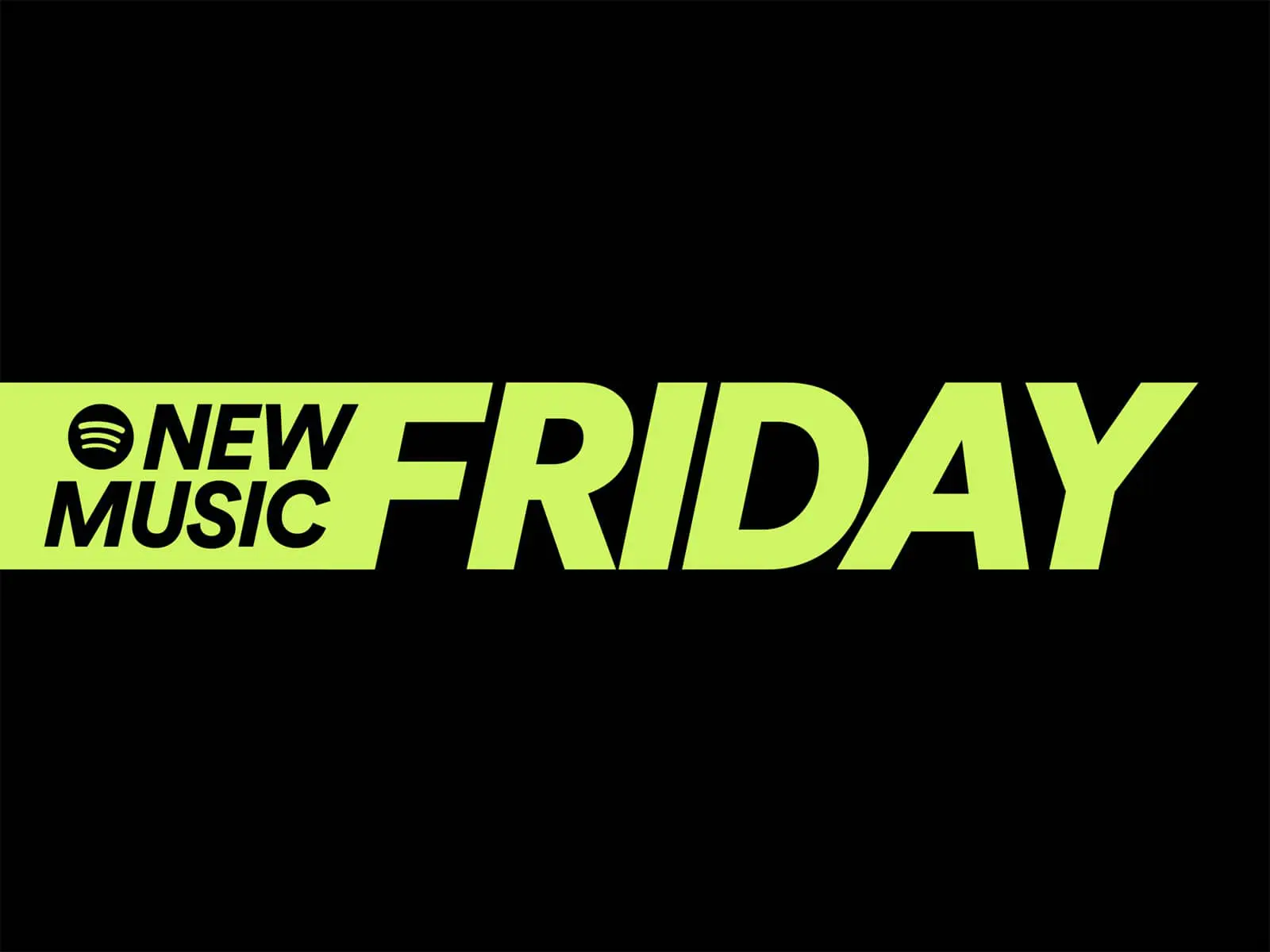Bluesky and Threads have emerged as two of the most prominent alternatives to the platform formerly known as Twitter, now called X.
Despite sharing the goal of redefining text-based social networking, the two platforms have taken radically different approaches to moderation, user engagement, and platform philosophy.
Meta’s Threads: Controlled by Algorithms
Threads, owned by Meta and Mark Zuckerberg, operates with a top-down approach. The platform has faced criticism for restricting content deemed “sensitive,” such as political topics or COVID-19 discussions.
Instances of over-moderation, such as penalizing users for innocuous words or blocking searches for certain topics, have raised concerns about transparency.
Threads defaults to an algorithmic “For You” feed, often criticized for surfacing irrelevant or random content.

Although Meta introduced custom feeds and hinted at allowing a chronological “Following” feed as the default, its focus remains on algorithm-driven user experiences.
As Threads prepares to introduce ads in 2025, its integration into Meta’s advertising ecosystem could shape its future significantly.
Bluesky: A Decentralized Alternative
Bluesky, founded on principles of decentralization, prioritizes user control. Moderation on the platform is collaborative, with users able to create custom feeds and moderation tools.
Unlike Threads, Bluesky defaults to a chronological feed, giving users more autonomy over their experience.
Bluesky also fosters link sharing, benefiting publishers and news outlets. Its open-source model encourages third-party app development, and the platform has experimented with monetization strategies like custom domains and subscription features.

Bluesky CEO Jay Graber has emphasized the platform’s commitment to avoiding “enshittification” through intrusive advertising.
The Future of Social Media
Threads, backed by Meta’s resources, boasts a user base over ten times the size of Bluesky’s. However, Bluesky’s commitment to decentralization and user empowerment has cultivated a passionate community.
As both platforms navigate monetization, their contrasting philosophies will likely shape the future of text-based social networking.
Bluesky’s democratic approach offers a refreshing alternative to the corporate-driven strategies of Meta, but its ability to scale and compete remains uncertain.
Whether Bluesky can sustain its vision or Threads dominates through sheer scale will define the next chapter of social media evolution.












Leave a comment